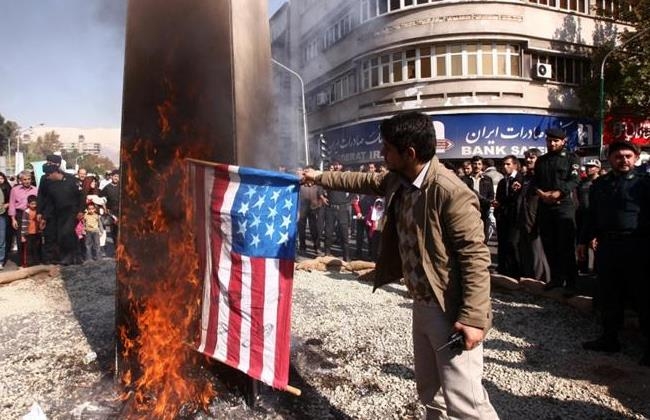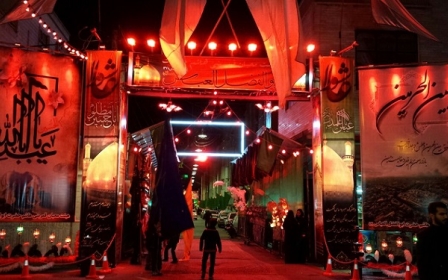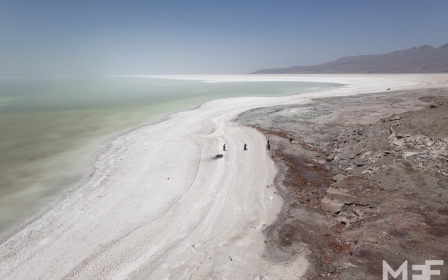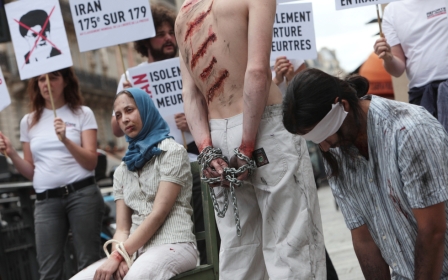Iranian MPs vote to keep 'Death to America' slogan despite nuclear deal

Iran will not abandon the slogan “Death to America” despite a nuclear deal reached with world powers including the US in July, MPs said on Monday.
"The martyr-nurturing nation of Iran is not at all prepared to abandon the slogan of 'Death to America' under the pretext of a nuclear agreement," 192 members of Iran's 290-seat parliament said in a statement carried by state news agency IRNA.
They said the slogan, chanted at weekly Friday prayers in mosques and at protests, had "turned into the symbol of the Islamic republic and all struggling nations".
The statement was issued two days before Iran commemorates the start of the 1979 hostage crisis that began when a group of radical students seized the US embassy in Tehran on 4 November.
The crisis lasted 444 days and triggered a break in diplomatic relations between the two countries that has lasted to the present day.
Legislators said on Monday that the government and the parliament must “act carefully in line with the honourable leader’s wise guidance” in the aftermath of the nuclear deal, referring to supreme leader Ayatollah Ali Khamenei.
Khamenei has endorsed the deal, which curbs Iran's nuclear drive in return for a lifting of sanctions, but has repeatedly warned against US "infiltration" of the values of Iranian society.
"America is the main part of the problem in the region, not part of the solution," he said on Sunday, citing US support for "the Zionist regime" in Israel.
US regional "policies differ 180 degrees with the policies of the Islamic republic", he added.
Iran's moderate President Hassan Rouhani, however, tried in a US television interview in September to reassure the US public that when crowds in Tehran chanted "Death to America" they did not mean it personally.
"This slogan that is chanted is not a slogan against the American people. Our people respect the American people," he insisted.
"But ... the policies of the United States have been against the national interests of Iranian people [so] it's understandable that people will demonstrate sensitivity to this issue," he said.
Middle East Eye propose une couverture et une analyse indépendantes et incomparables du Moyen-Orient, de l’Afrique du Nord et d’autres régions du monde. Pour en savoir plus sur la reprise de ce contenu et les frais qui s’appliquent, veuillez remplir ce formulaire [en anglais]. Pour en savoir plus sur MEE, cliquez ici [en anglais].




